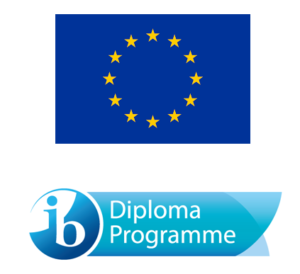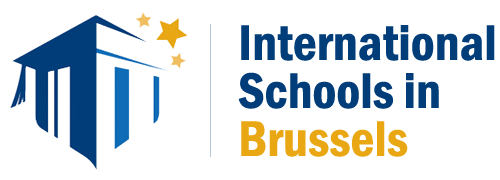The European Baccalaureate and the International Baccalaureate are both diplomas awarded at the end of secondary education.
Internationally recognised, these diplomas have a dual purpose: to certify successful completion of secondary education and to serve as a gateway to higher education.

These diplomas come from two different programmes: the European Baccalaureate and the International Baccalaureate.
Although these two programmes share common objectives, they differ significantly in terms of entry requirements, curriculum, structure and international recognition.
ENTRY REQUIREMENTS
European Baccalaureate vs International Baccalaureate
- The European Baccalaureate programme is only organised in European schools and accredited European schools. Places in these schools are mainly reserved for the children of officials and employees of European Union institutions.
- The International Baccalaureate programme is organised in IB (International Baccalaureate) accredited international schools. The International Baccalaureate is the name commonly given to the Diploma Programme of the International Baccalaureate Organisation. The IB is an internationally recognised programme. At present, 5600 schools around the world teach the IB.
Enrolment in an accredited international school is therefore a prerequisite for access to the IB programme.
Several international schools in Brussels offer IB programmes.
> International Baccalaureate schools in Brussels
STRUCTURE
European Baccalaureate vs International Baccalaureate
- Secondary education in European Schools is divided into 7 years over 3 cycles. The 3rd and final cycle of secondary education is the European Baccalaureate cycle. This cycle covers two years: S6 (6th year) and S7 (7th year).
EUROPEAN SECONDARY SCHOOL CYCLES CLASSES AGES Cycle 1 1-3 11-13 Cycle 2 4-5 14-15 CYCLE 3 – EUROPEAN BACCALAUREATE CYCLE 6-7 16-18 The European Baccalaureate diploma lasts 2 years and is awarded at the end of the 7th year of secondary school.

- The IB comprises several international education programmes. The diploma programme is the one that leads to the International Baccalaureate.
IB PROGRAMMES AGES Primary Years Programme 3-11 Middle Years Programme (MYP) 11-16 DIPLOMA PROGRAMME – INTERNATIONAL BACCALAUREATE 16-19
The International Baccalaureate Diploma Programme lasts two years. After these two years, the International Baccalaureate is awarded on successful completion of the 2nd year examinations.
CURRICULUM
European Baccalaureate vs International Baccalaureate
- The European Baccalaureate focuses on a balanced education in specific subjects, including languages, science, mathematics, humanities and physical education. Students have the opportunity to study several subjects and can specialise in a particular discipline.
- In contrast, the International Baccalaureate offers a broader and more diversified curriculum. It is made up of six subject groups: languages, humanities, mathematics, experimental sciences, arts and individual and society studies. It also includes cross-curricular components such as Theory of Knowledge (TOK), the Creativity, Action and Service Project (CAS) and the Extended Essay.
INTERNATIONAL RECOGNITION
European Baccalaureate vs International Baccalaureate
- Holders of the European Baccalaureate are therefore entitled to automatic recognition of their diploma in the 27 Member States of the European Union, without the need to complete any further formalities.
- The International Baccalaureate is considered to be a private diploma awarded on completion of secondary education. Although the diploma is internationally recognised for admission to higher and university education throughout the world (75 countries and more than 2,000 universities), it does not automatically guarantee admission to higher education in all higher education establishments.
It is therefore essential to contact the colleges and universities concerned to find out their policy on diploma recognition in relation to the IB diploma.

